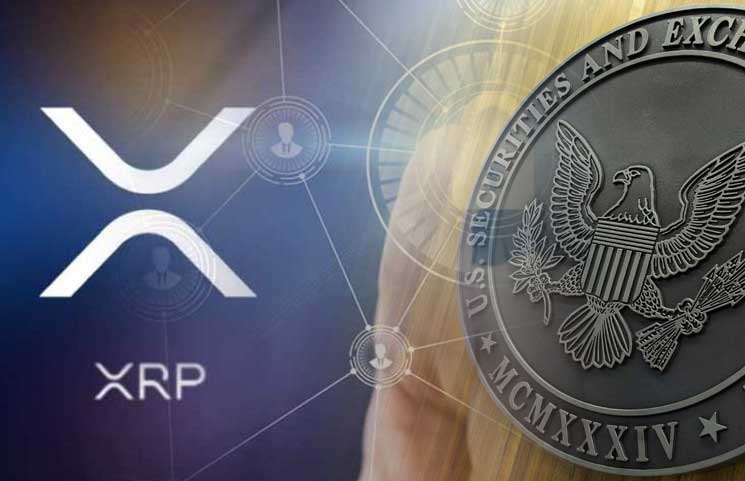- The IRS moves back the implementation of crypto taxes until December 31, 2025, to allow time for investors and exchanges to prepare.
- Investors can explore tax-efficient methods like HIFO or Spec ID to minimize taxable gains.
- Without the selection of an accounting method by 2026, the first-in, first-out (FIFO) approach will be used which is likely to raise tax payments.
The IRS has extended the implementation of new rules on the taxation of cryptocurrencies until December 31, 2025. This delay will help the brokers and centralized exchanges to meet the new guidelines set for them. It provides an escape from potential increasing taxes that could have been imposed by the new regulations to the crypto investors. The new rules were originally due to come into force in 2024 and included a highly criticized First In, First Out (FIFO) approach to cryptocurrency transactions.
IRS Tax Impact
FIFO requires that the earlier bought assets are disposed off first, meaning that gains made on the early investments that were made at a low price will be taxed. In this case of such a market structure, the disposal of the oldest assets may lead to realisation of high capital gains and hence increased tax implications to the investors. As the deadline has been pushed even further, the investors do not have to pay for these overpriced taxes.
The delay also affords investors more time to think through the various methods they could use in accounting for the investment. FIFO would have made crypto holders sell old coins at cheaper prices, but now HIFO and Spec ID are also available for better tax management. HIFO enables investors to liquidate the costliest assets first in order to minimize taxable gains. However, Spec ID allows investors to select particular assets for sale and thus exercise more control over taxes.
Spec ID Readiness
Shehan Chandrasekera, Head of Tax at CoinTracker stated that many exchanges would not have been ready for the Spec ID before the original date of January 2025. Without Spec ID, exchanges have been left with no option than to use the FIFO accounting system, which would have put more tax pressure on investors. The delay is significant to enable the exchanges to prepare for the new changes and hence allow investors to make better decisions.
Nonetheless, the IRS has made it clear that crypto investors must choose the preferred accounting approach by the beginning of the next year, 2026. Not doing so will have the system revert to the first in first out (FIFO) method which could lead to increased taxes. As the deadline nears the end, investors in cryptocurrency are advised to select the most effective accounting method that they want to adopt in their financial planning and tax planning.



